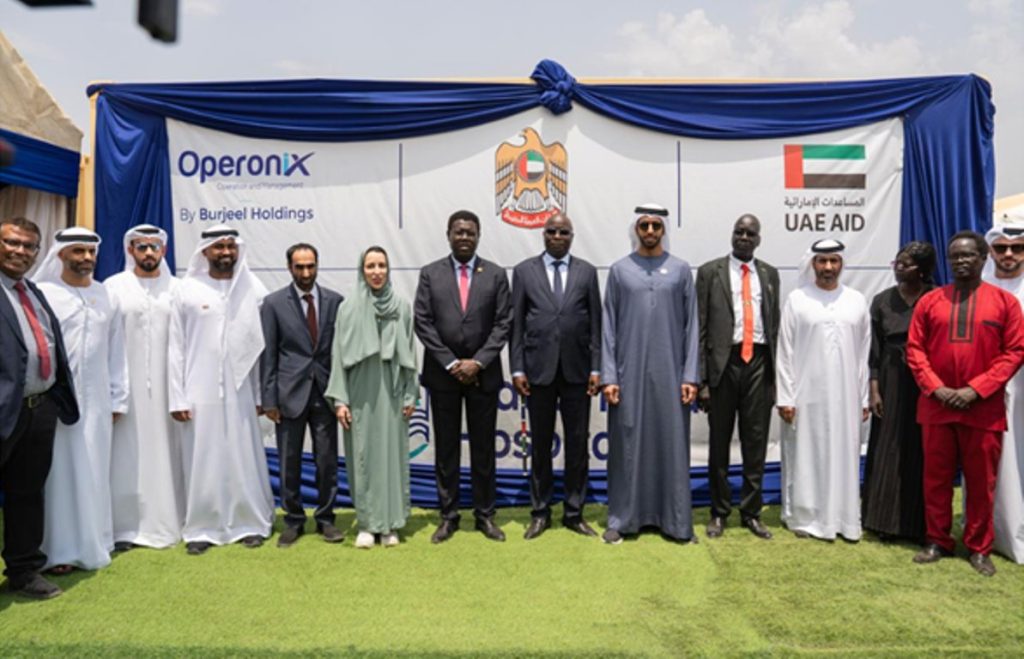South Sudan has affirmed that its growing relationship with the United Arab Emirates (UAE) is not intended to harm Sudan or interfere in its internal affairs, amid speculation over regional dynamics involving the UAE’s increasing presence in the Horn of Africa.
Speaking to reporters upon his return from Vatican City, Deputy Minister of Foreign Affairs and International Cooperation, Semaya Kumba, emphasized that Juba’s foreign policy is grounded in national interest and international norms—not regional rivalry.
“Relations between nations are established to serve mutual interests and should never be viewed as a threat,” Kumba said. “Our relationship with Sudan is deeply rooted in shared history, culture, and geography. Peace in Sudan is essential for peace in South Sudan.”
Tensions have quietly simmered over the UAE’s engagement in South Sudan, especially following Emirati-funded development projects near the border. One such initiative, the construction of a field hospital in Northern Bahr el Ghazal state, raised concerns in Sudan over possible military uses, particularly by the paramilitary Rapid Support Forces (RSF), though South Sudanese officials insist the facility is purely humanitarian.
Economic ties between South Sudan and the UAE have expanded rapidly. In 2023, UAE exports to South Sudan totaled $414 million, including textiles such as men’s and women’s knitted clothing. Over a five-year span, exports rose from $163 million in 2018—an annual growth rate of over 20%.
South Sudan, in return, exports gold, forage crops, and oilseeds to the UAE. The airline FlyDubai operates direct flights, and UAE loans have supported both government and private sector ventures in the country.
In a show of broader Gulf interest, President Salva Kiir also held talks in March with a Saudi delegation led by Deputy Foreign Minister Waleed bin Abdulkarim Al-Khuraiji. Discussions focused on regional stability, Sudan’s peace process, and deepening cooperation between Saudi Arabia and South Sudan.
“Regional peace is a shared goal,” Kumba stressed. “We are engaging with our partners, including the UAE and Saudi Arabia, to ensure that cooperation leads to stability—not division—in our region.”


